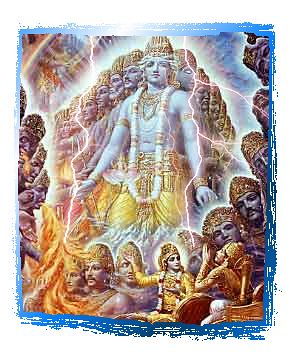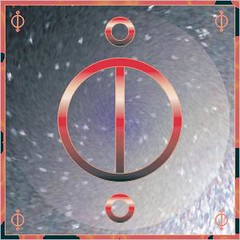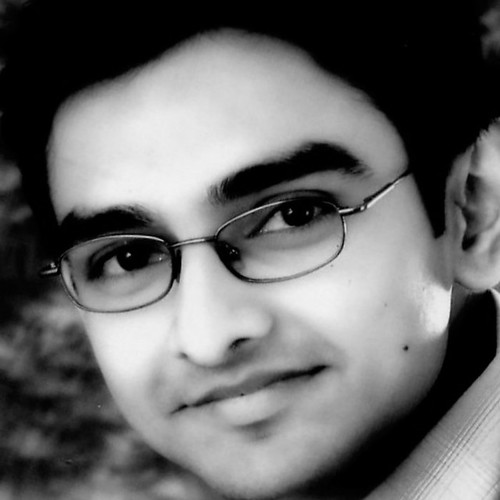A chat with a friend

Sunil:
if everything goes according to his wish he declares it as the result of his free will and if not he declares – it is “Hari Icchhaa”.
Sunil:
Let’s approach it from another angle.
When we see misery in the world, it is said that though we all are god's creations, he does not force our hand, he has given us free will to decide what we would do. this free will then is a self-causal phenomenon, wherein what we do keeps on modifying what our free will is, in this interpretation free will is nothing but manas(mind) doing work according to its vacillations which in turn causes pain.
At the same time to explain the net effect of karma, it is said that the outcome is not in your control. There is God's will at play. How do the two fit?
Uday:
These two fit in perfectly. Our freedom is in putting effort. By thoughts, we get motivation to do Karma. This thought pattern is governed by our Sanskara. These Sanskara is accumulated mind impressions of various births. So finally it all comes to mind. where else did we get motivation for doing any Karma ?
You are free to put efforts in the Karma (work) of your choice. but you don't have control on the fruits of that action.
Sunil:
You are active and inactive at the same time. What you are doing in essence is just affecting you. The feeling that it affects the world is illusory. Herein lies the dynamism. That is why things are always in transit, in motion because the whole process is self-causal. You do actions based on mind; the mind gets modified in the process, changing the very trigger which causes action effect modifies the cause.
Uday:
Yes, this feedback mechanism brings good aspect with it. Mind impressions can get changed due to proper feedback. Pure, unattached work can eventually burn unripe seeds of mind impressions.
Dada Bhagwan has given extensive discourse on Karma. Here are few excerpts from book “Aptavani”.
“human beings act according to their innate nature (prakruti) but merely claim, ‘I am the doer’ and thus exercise their ego. What exactly does one do in all this? What people refer to, as purusharth in this world is really a language of illusion. Things occur and materialize because of your past karmas coming into effect, and to claim ‘I did it’ is subtle pride (gaarva) and egoism. The real purusharth, the true purusharth begins only after one becomes the Purush (Selfrealised). It is only then your belief of ‘I am the doer’ is destroyed. It is the state of absolute ‘non-doer ship’. All that is relative is prakruti and the Purush (the Self) is real. What then is real purusharth? Real purusharth is when You (the Self) remain the knower (gnata) and the seer (drashta) when someone is cutting your hand. Gnankriya (knowing) and darshankriya (seeing) are the only activities of the Self. The Soul does not have any other activities. True purusharth is when the Self remains in the state of the knower and the seer.
You cannot just sit around claiming that everything is destined (prarabdha). If you do, then you become completely idle. The mind will become restless with such a dependency. If this dependency on destiny is correct, then you should not have any worries, but in fact you are the factory of worries. Therefore even that dependency is lame. It is not real. It is not scientific. People in
The mind is like a rhizome. It is made up of many tubers and is very subtle. When any situation arises, it expresses attachment or abhorrence towards that situation and it remains absorbed in that situation. Because of this, a new causal-mind is created, the effect of which is brought into fruition by vyavasthit (scientific circumstantial evidences), and this effect manifests as ‘effective-mind’. Everyone’s mind is different because his or her causal-mind is different.



